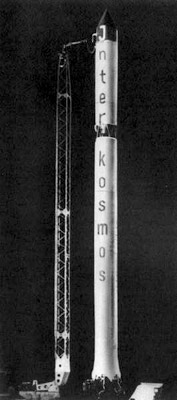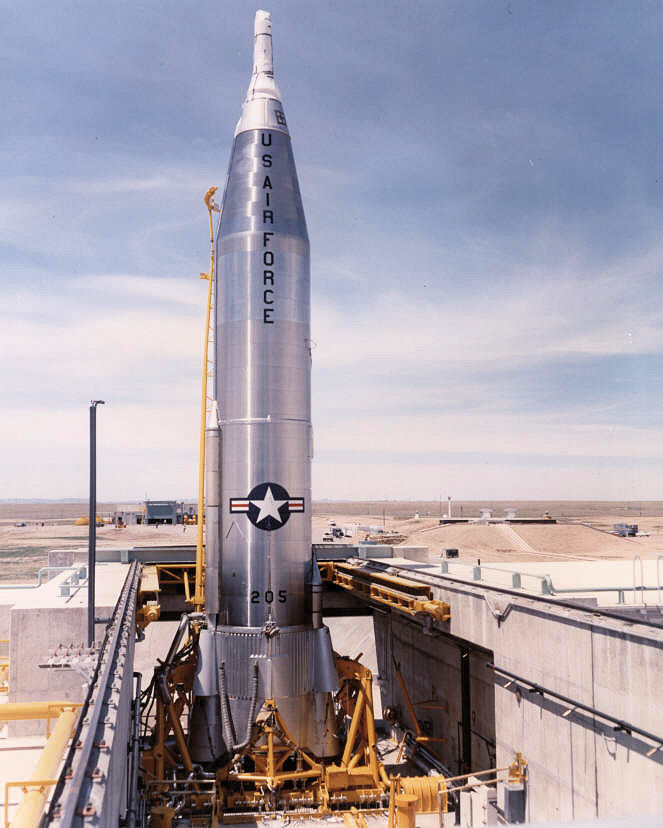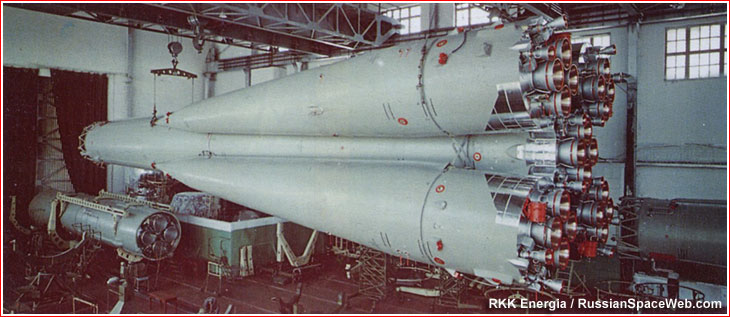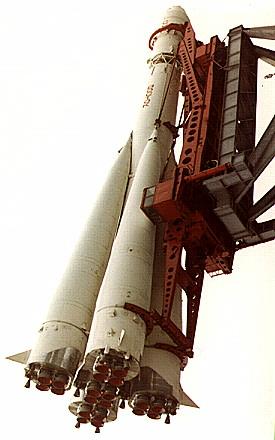Previous Spaceflight Launches
Filter by Agency, Locations or Vehicles
Show All LaunchesThor Delta G | Biosat 1
McDonnell Douglas | United States of AmericaCape Canaveral SFS, FL, USA
Dec. 14, 1966, 7:20 p.m.
Status: Launch Successful
Mission:
The objectives of the Biosatellite, a.k.a. Biosat, Bios (Biological Satellite), were to determine the biological effects of the space environment upon daily rhythms of living organisms and to obtain and analyze available data on the performance in orbit of life support, altitude control, and other spacecraft systems, including instrumentation for recording biological data.
Low Earth OrbitTitan IIIB | KH-8 3
Lockheed Martin | United States of AmericaVandenberg SFB, CA, USA
Dec. 14, 1966, 6:14 p.m.
Soyuz | Soyuz 7K-OK No.1
Russian Federal Space Agency (ROSCOSMOS) | RussiaBaikonur Cosmodrome, Republic of Kazakhstan
Dec. 14, 1966, 11 a.m.
Kosmos 11K63 | DS-U2-MP 1
Strategic Rocket Forces | RussiaKapustin Yar, Russian Federation
Dec. 12, 1966, 8:38 p.m.
Atlas D | OV1-9 & 10
Convair | United States of AmericaVandenberg SFB, CA, USA
Dec. 11, 1966, 9:09 p.m.
Atlas SLV-3 Agena D | ATS 1
Convair | United States of AmericaCape Canaveral SFS, FL, USA
Dec. 7, 1966, 2:12 a.m.
Status: Launch Successful
Mission:
ATS 1 (Applications Technology Satellite) was designed and launched for the purpose of testing new concepts in spacecraft design, propulsion, and stabilization, collecting high-quality cloudcover pictures and relaying processed meteorological data via an earth-synchronous satellite, providing in situ measurements of the aerospace environment, and testing improved communication systems.
Geosynchronous OrbitAtlas SLV-3 Agena D | KH-7 35
Convair | United States of AmericaVandenberg SFB, CA, USA
Dec. 5, 1966, 9:09 p.m.
Status: Launch Successful
Mission:
The Program 206 satellite, carrying the KH-7 (Keyhole 7) camera system (codenamed Gambit-1), was the first successful high resolution space reconnaissance program. It was managed by NRO's Program A, the USAF-led segment of the National Reconnaissance Program managed from Los Angeles AFB in El Segundo, California.
Sun-Synchronous OrbitVoskhod | Zenit-4 25
Soviet Space Program | RussiaBaikonur Cosmodrome, Republic of Kazakhstan
Dec. 3, 1966, 8:15 a.m.
Soyuz | Kosmos 133
Russian Federal Space Agency (ROSCOSMOS) | RussiaBaikonur Cosmodrome, Republic of Kazakhstan
Nov. 28, 1966, 11 a.m.
Vostok 8A92 | Zenit-2 43
RKK Energiya | RussiaBaikonur Cosmodrome, Republic of Kazakhstan
Nov. 19, 1966, 8 a.m.









